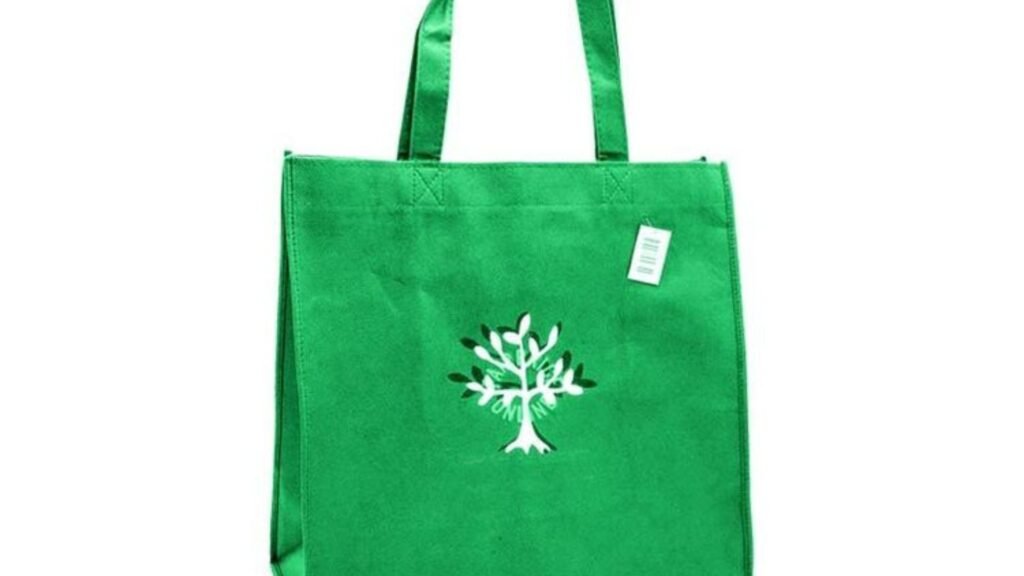Can Non-Woven Bags Be Recycled?
Non-woven bags have gained popularity as a reusable and eco-friendly alternative to plastic bags. But a common question arises: Can non-woven bags be recycled? In this article, we’ll explore the recyclability of non-woven bags, how they compare to other types of bags, and what you can do to ensure they are disposed of responsibly.

Understanding Non-Woven Bags
First, it’s essential to understand what non-woven bags are made of. These bags are typically crafted from polypropylene, a type of plastic. The term “non-woven” refers to the manufacturing process, where fibers are bonded together without weaving, creating a durable and flexible material. This process gives non-woven bags their unique texture and strength, making them ideal for carrying heavy items and for multiple uses.
Are Non-Woven Bags Recyclable?
Yes, non-woven bags can be recycled, but the process is not as straightforward as recycling regular plastic bags. Since they are made from polypropylene, they can be recycled under the right conditions. However, not all recycling centers accept non-woven bags because the recycling process for these bags requires specialized equipment and methods. Therefore, it’s essential to check with your local recycling facility to see if they accept non-woven bags.
The Recycling Process
When non-woven bags are recycled, they are first collected and sorted. The bags are then cleaned to remove any dirt or residues. Next, the polypropylene is shredded into small pieces and melted down. The melted material can be molded into new products, such as plastic containers, outdoor furniture, or even new bags. While this process helps reduce waste, it’s worth noting that recycling non-woven bags is still less common than recycling other types of plastics, like PET bottles.
Challenges in Recycling Non-Woven Bags
Although non-woven bags are recyclable, several challenges exist in the process. One of the main issues is that these bags are often not separated correctly in recycling streams, which can lead to contamination of other recyclable materials. Additionally, the recycling infrastructure for polypropylene is less widespread than for other plastics, which means that fewer facilities are equipped to handle non-woven bags.
Moreover, because non-woven bags are designed to be durable and reusable, they are not typically seen as single-use items. This means they may not be recycled as often as they could be, simply because people reuse them many times before considering disposal.
Alternatives to Recycling
If recycling non-woven bags is not an option in your area, there are still other ways to extend their life and reduce their environmental impact. Here are a few alternatives:
- Reuse: The most straightforward way to reduce waste is to reuse your non-woven bags as much as possible. These bags are designed for multiple uses, so bring them with you whenever you go shopping or need to carry items.
- Repurpose: If your non-woven bag is worn out, consider repurposing it for other uses around the house. For example, you can use them for storage, as a makeshift laundry bag, or even as a protective cover for items during a move.
- Donate: If you have extra non-woven bags that you no longer need, consider donating them to charity shops, food banks, or other organizations that can put them to good use.
Conclusion
So, can non-woven bags be recycled? The answer is yes, but with some caveats. While non-woven bags are recyclable, the process is not as widely available as it is for other types of plastic. However, their durability and reusability make them an excellent alternative to single-use plastic bags. By reusing, repurposing, or recycling non-woven bags, you can help reduce waste and contribute to a more sustainable future.
In the end, the best way to manage non-woven bags is to use them responsibly. Always check with your local recycling facilities to see if they accept these bags, and whenever possible, choose to reuse and repurpose them before considering disposal.



